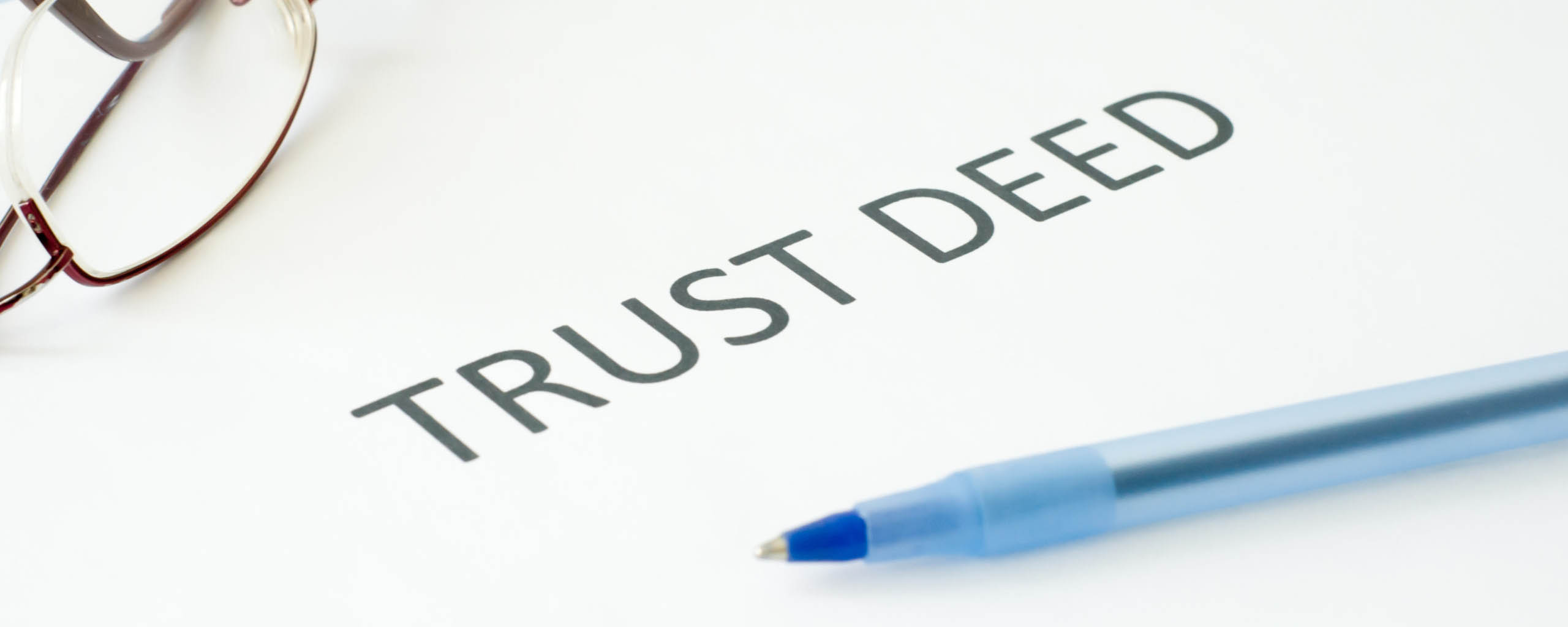A Self-Managed Super Fund (SMSF) is a private super fund in which the members directly control the investment choices and insurance.
The key difference between an SMSF and other types of trust funds is that the members of the SMSF are usually also the trustees, which means they run the trust for their own benefit but are also responsible for complying with the super and tax laws.
Differences between a retail fund, Wrap Fund and SMSF can be found here.

Reasons for updating your SMSF deed:
Generally, it is best practice to upgrade your deed when new rules are introduced and at least every three to five years. Some of the recent changes to the laws required to be reflected in the deed for your SMSF are:
- Increasing the number of members – an SMSF may have from one to four to six, enabling an SMSF to become a true family super fund.
- Enabling younger members to hold their superannuation benefits in a separate investment account from other fund members.
- Limiting the payment of superannuation benefits on the death of a member to the deceased member’s lineage or bloodline.
- Ensuring the fund does not breach the pension limit and payment rules.
- Enabling the fund’s Trustee to accept a broader category of contributions for fund members, particularly retired fund members.
- Implementing an SMSF Living Will provides directions to your Trustee in the event you are incapacitated with a sickness, quarantined, or have dementia. It is crucial to put this in place so that your enduring power of attorney becomes your replacement trustee, able to implement and execute your wishes in a binding manner.
- Implementing a Binding Death Benefit Nomination (a BDBN or BDN), which directs your Trustee on what will happen in the event of your death. This allows your executor to become your replacement trustee, able to implement and execute your wishes in a binding manner.
- Implementing an SMSF Death Benefits Trust: This special purpose testamentary trust was created by the fund’s Trustee for bloodline adult children and grandchildren. It does not form part of the estate, so it can’t be challenged in any contested estate.
- Changes to the accounting standard requirements – deeds referring to the old accounting standard are no longer considered acceptable for an SMSF and must be updated.
To ensure your SMSF is strategic, efficient, and less likely to hit expensive roadblocks, we strongly advise you to consider upgrading any current deed’s governing rules to fulfil the points highlighted above and to ensure they meet the Commissioner’s requirements and pass compliance and audit.
Additionally, we strongly recommend the deed be updated to include the Binding Death Benefit Nomination function. This will ensure accumulated benefits go to beneficiaries as you direct upon your passing, overriding any trustee discretion. Trust Deeds are the rules by which super funds operate, and they should have flexibility for accessing benefits if there is a death or a total permanent disability. As such, the trust deeds should reflect this and be kept up to date with changes in the regulations.
Just to let you know, distributing your superannuation assets through your BDBN does not require the grant of probate (the registration of your will and appointment of executor with the Supreme Court of WA) to occur, as the payment is not made through the will. This makes it a powerful tool to ensure a beneficiary can access funds while waiting for probate completion.
However, to make this, the Superannuation Fund Deed must allow it, so you may need to update the deed.
Further information
The benefits and advantages of an SMSF can be found here.
Although there are many benefits of an SMSF, there are also some points to consider;
Ultimately, the choice to transition to an SMSF will depend on your personal circumstances.
Please contact us if you would like to update your deed, execute a Binding Death Benefit Nomination, or discuss a special purpose SMSF deed focused on bloodline membership, benefits, and control.
A PDF version of this document is available here



